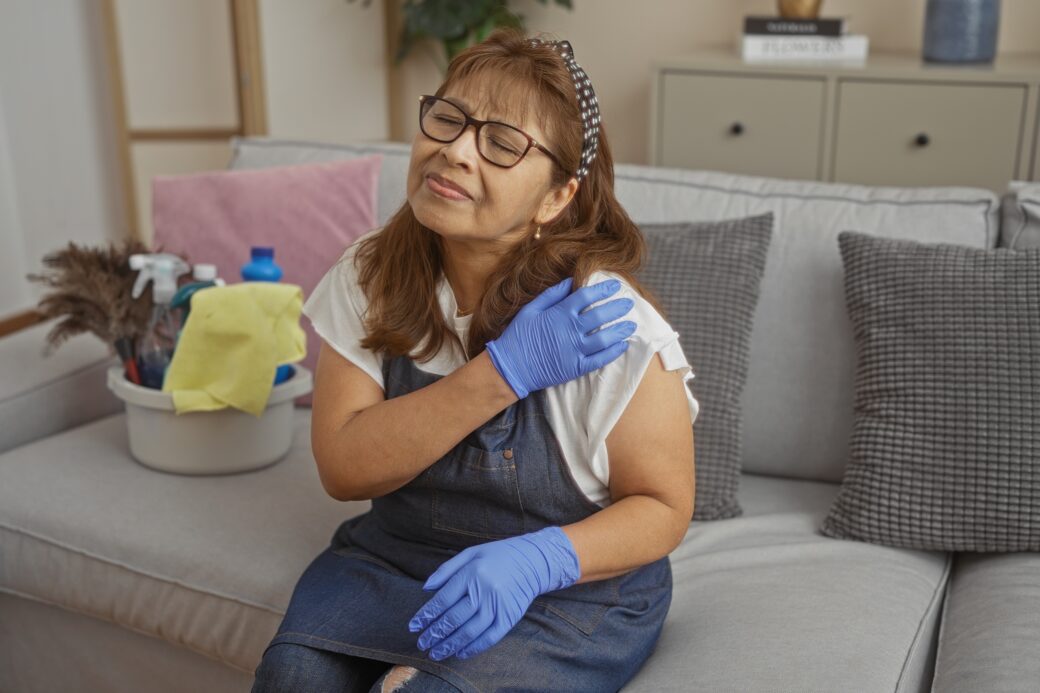Janitors and custodians, like anyone in the workforce, are exposed to various environmental factors that can potentially increase their risk of illness. The frequency with which they get sick depends on several factors, such as their working conditions, the precautions they take, and their general health.
Here’s a breakdown of factors that might contribute to janitors being at a higher risk of getting sick…
Exposure to Germs and Chemicals:
- Germs & Bacteria – Janitors often clean and disinfect areas where germs and bacteria are prevalent, such as restrooms, kitchens, and public spaces. This exposure can increase the likelihood of contracting colds, flu, or other infections, especially if proper hygiene practices aren’t followed.
- Cleaning Chemicals – Janitors regularly use cleaning products, some of which can be harsh or contain chemicals that may irritate the respiratory system or skin. Inhalation of strong cleaning fumes, or prolonged exposure to certain chemicals, could contribute to respiratory issues, headaches, or skin problems.
Physical Demands & Fatigue
- Physical Strain – Janitorial work can be physically demanding, involving lifting, bending, and standing for long periods, which can lead to injuries or chronic issues like back pain. Exhaustion can also weaken the immune system, making the person more vulnerable to illness.
Working Conditions
- Public Spaces – Janitors working in large public or commercial spaces, like schools, hospitals, or office buildings, may encounter higher levels of illness-causing pathogens, as these places see high foot traffic and may be hubs for viruses (e.g., the flu or COVID-19).
- Poor Ventilation – In some buildings, poor air circulation or insufficient ventilation can lead to a higher concentration of dust, allergens, or germs in the air, which can affect janitors’ health.
Personal Protective Equipment (PPE)
- Janitors who don’t have access to proper PPE (e.g., gloves, masks, and eye protection) are at a higher risk of exposure to harmful substances and germs. Wearing proper gear helps reduce the chances of illness.
- Training – Janitors who aren’t properly trained in handling chemicals or disinfecting areas may inadvertently expose themselves to harmful substances, increasing their risk of illness.
Preventative Measures
- Hand Hygiene – Janitors should wash their hands regularly and use hand sanitizers to reduce the risk of spreading germs.
- PPE – Wearing gloves, masks, and other protective gear when cleaning areas with high exposure to germs can help protect against illness.
- Ventilation – Working in well-ventilated areas and using environmentally friendly, less toxic cleaning products can reduce exposure to harmful chemicals.
- Regular Breaks – Taking breaks and reducing physical strain can help janitors avoid fatigue, which can weaken the immune system.
While janitors may face a higher risk of exposure to germs, chemicals, and physical strain due to the nature of their work, proper precautions, including hygiene, protective equipment, and training, can greatly reduce the likelihood of them getting sick more often. Without these precautions, they may be at higher risk compared to workers in other professions.

Leave a Comment